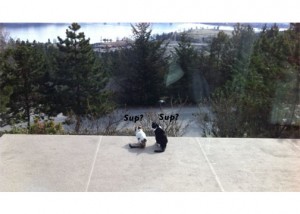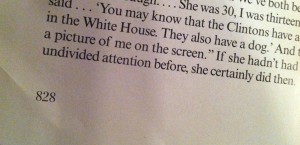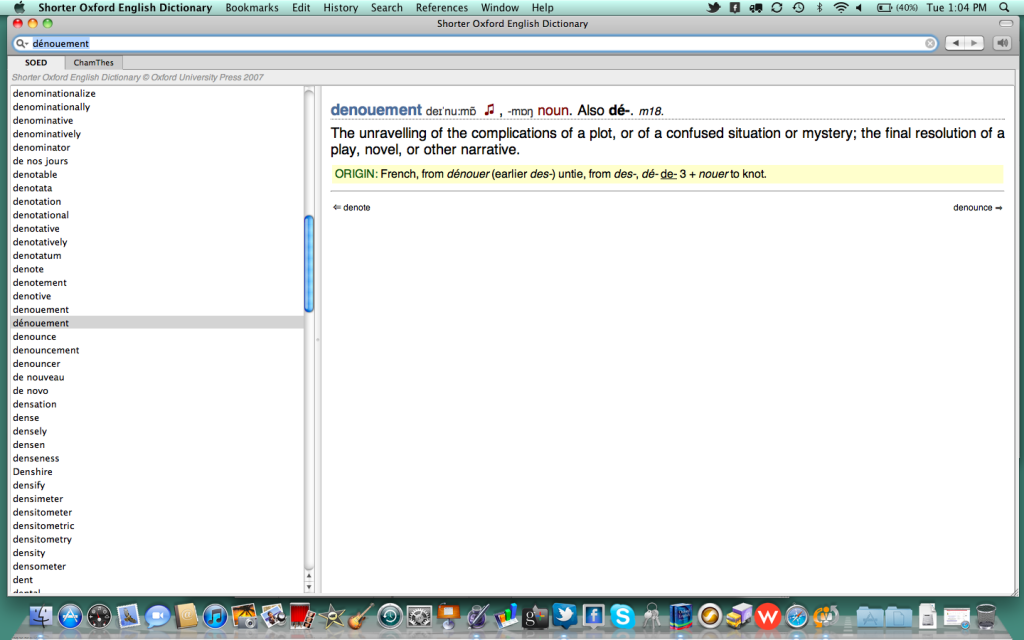– by Albert Berkshire
A little over a year ago, I wrote an article about writer’s block and the highs and lows of being, as my good friend Trent calls us, a Creative. It was one of those things that rattled around in my head on a four hour drive and pretty much wrote itself.
Most of the things I write are not so fluid.
I can struggle for hours, days, even weeks waiting for the little nugget to come to me that fires me up to write. Tangents don’t just happen. They have to be fueled. And whether that energy source is conversation, alcohol, the observation of sheer stupidity, people watching (the previous often a byproduct of such actions – usually in a grocery store), or my personal favourite – other people’s quirks and hang ups…
…perhaps we better explore the latter. I’m not judging you. Or you. Or you. I have some serious hang ups. S E R I O U S hang ups. For instance. I don’t like feet. I hate people’s feet. Feet whig me out in ways you can’t imagine. I once worked with a girl – let’s call her Lisa, cause that’s her name – who used to come into my office barefoot. Sure it was because she was 7, 8, 9, 10 – maybe 11 months pregnant and her feet hurt from wearing her big people shoes. But I had a rule and would promptly ask her to leave and slip some pillow covers or shams over her pedicured, but swollen feet before returning to continue talking about whatever we were discussing before her FEET came into the equation. And the first time my wife, then “friend” (I’m pretty certain she’s never read anything I’ve ever written, so we’re all safe here) put her feet up on my lap whilst watching a movie…I lost complete track of the plot line and possibly the fact that the machine started eating the VHS tape (yeah. VHS. I’m over 40. Try to get past it. I know I am.) And then there’s showering with people. YMCA? Not on your life. Years ago when I was a young single man who would do anything for girl? No way. Jodie Foster. I’d shower with Jodi Foster. I think that’s my safe zone. Right there. Jodi. Hang up solved. And there are many more. I can’t touch meat. I can’t touch someone after they’ve touched meat. If you eat meat…that’s great. Grill it up and have yourself a scoff. I’ll be in the corner like a little school girl in Halloween 20, or some other relevant horror film. I once cooked chicken for a family friend who has a severe allergy (or something medical) to all things spice. I cooked it without ever touching it. No hand or finger of Albert came in contact with the chicken parts at any time. And I had them on skewers with pineapple. That’s some serious hang up skill.
Jesus. And people pay for therapy. It cost me $10 a year for this domain name. Somewhere out there (we’re not singing yet) a psychologist is crying into her wine.
So back to other people’s hang ups. I will first point out that conversation is my greatest inspiration. I love LOVE LOVE LOVE the art of conversation. I’ll talk about anything with just about anyone. My friend Bob? We will never talk about politics because he ends every debate with “You’re my favourite liberal Canadian.” Guess what Bob – WE ALL ARE! Love ya. Mean it. (Bob’s form LA. That’ the equivalent of saying “Hi!”)
Where was I? (Oh my ghad. I have some great 3AM in LA stories. Maybe next article.)
The Hang Ups. Sounds like a B-Movie knock off.
Conversation, if you really pay attention, is one of the great pieces of humanity. If you can put your BlackBerry away for ten or sixty minutes, you’ll discover the most amazing stories that people have to tell. It is the one great benefit to our species’ evolutionary development into self-aware beings. I say this because when we listen to a person, and I mean REALLY listen to that person, we come to understand so much more about them. In particular, those of us who are so incredibly fortunate to have our hearing and sight intact, we get the bonus body language to back up the nuances (my goodness I love that word) of conversation. And in those moments when we are actively listening, doggedly ignoring all peripheral distractions, and keenly engaged, we are graced with the special revelation of that person’s most intimate characteristics.
But not just because we are listening. Because we were paying attention.
That’s when you come to not only understand the person, but to appreciate them for exactly who they are. The person who can’t take another moment in their high heel shoes. The person who really just wants to run away and start life over. The person who desperately needs their kids to take a time out. The person who gets whigged out by ketchup. (For the love of all things considered holy, it is NOT catsup. That’s two kitties getting acquainted. “Sup?” “Sup?” “Meow.” “Meow”.)
Those are the moments that make conversation the greatest purveyor of all things worth writing about. And as some people, who actually read what I write, not just glaze over it like they are icing one of Tim Horton’s finest, fully understand, when inspiration walks into the room – bare feet and all (ick) – you just have to go head down like Schroeder (not Rick, the piano one. Oh ghad I can’t believe I had to explain that one) and click away on the keys like it is going to be the last moment in your life that you’ll get to write.
And sometimes, it feels like the last time you’ll ever get to write. Actually…it feels like that a lot of the time. Even right now. Which is why, I think, I wanted to write this piece.
Last year, after I wrote that article, or blog, or piece called High Tide, someone told me it may have been the most honest thing I had ever written. And until that point, I think it was. But I now realize, like the actor standing in the rain after the girl walked away with his heart (I also love mediocre chick flicks), that that reader, that – person – was actively listening, doggedly ignoring all peripheral distractions, and keenly engaged in what I was writing.
It made my heart race.
And that’s something pretty overwhelming for a writer to experience. Someone not only got what I was saying, but could relate to what I was sharing. Maybe that’s the biggest truth in writing. Maybe that’s the experience the crack addict is lusting after when chasing the dragon. Maybe that’s the runner’s high that eludes so many people. And like the crackhead who keeps on hitting to experience again the first high, or the runner who goes a little further looking for that euphoric moment afoot, the writer just keeps on writing with the hopes that they’ll get on that roll and share something that binds him or her to that reader – that person – who’ll take to time to absorb the story.
I love stories. And I love the one that I should be working on right now. But this was in my head. And I just had to get it out.
Just like the feet had to be covered. The shower had to be shared. The meat had to be cooked. The ketchup had to be removed from the table.
Or maybe I needed to clear my head. Done.
It’s the little things.
Maybe the story I’m supposed to be working on will be the most honest thing I’ve ever written.
Maybe the story is only interesting because it keeps playing hard to get.
I mean, I’m no professor in a bean bag chair, but I think the sweetest things can make your heart race. You know it’s real when it doesn’t need any ketchup on the side.
I’ll see you around. I have a book to finish.
Albert Berkshire is a writer, producer and voice actor. Most of the time he just rambles on in a somewhat incoherent fashion, and sometimes people understand. He loves conversation, appreciates a person’s story, and likes long walks on the beach. Okay, that last one might be another hang up. Albert prefers climbing mountains. Telling other people’s stories has helped make his company, GreatCreative.Com, successful. For a much shorter, and less frequent rambling, follow Albert on Twitter @albertberkshire.







You must be logged in to post a comment.